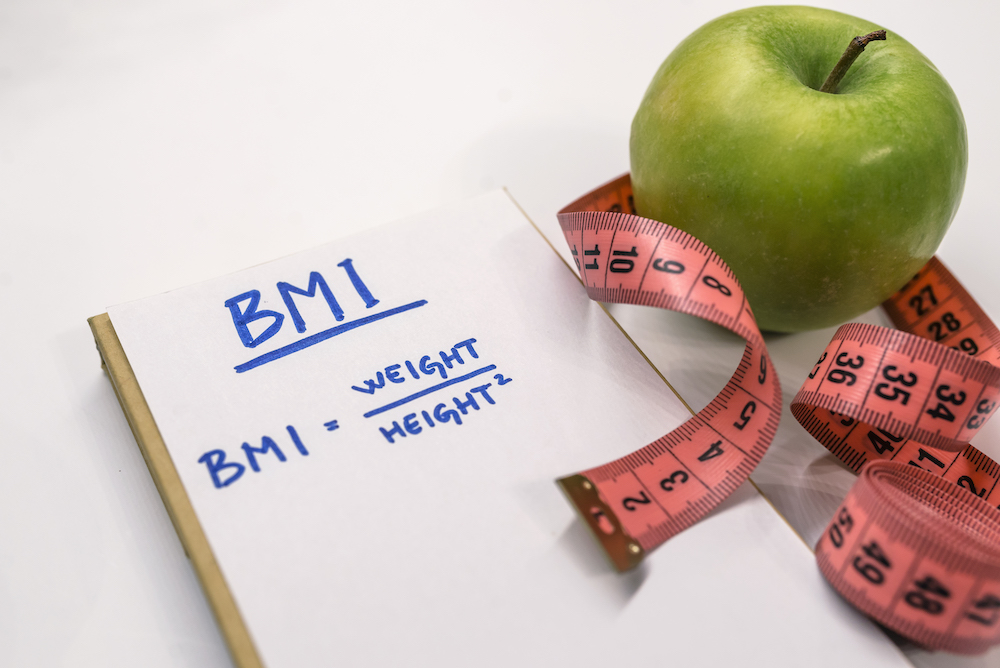Reasons why you remain tired after a good nights sleep

You’ve enjoyed a full eight hours of sleep, but when you wake up, you’re still tired. You could easily go back to bed. Starting the day without feeling rested is not an ideal beginning. Fatigue can have various causes.
Recovery
As an adult, you need a minimum of 6 to 8 hours of sleep per night. Adequate sleep ensures mental and physical recovery. During your sleep, you process events and emotions from the day. For the brain, it’s a moment to organize all the information and make room for a new day.
Sleep phases
Sleep occurs in phases. The first phase is the falling asleep phase, which typically lasts only a few minutes. The second phase is light sleep. You can be easily awakened by environmental noises. This phase often lasts just over an hour. The third phase is deep sleep, which is essential for physical rest. This is the phase where we truly recharge. It’s also the phase in which we experience many dreams. If your sleep phases are disrupted, and you get too little deep sleep, you wake up feeling tired.
Sleep disorder
Someone who has had enough sleep but still feels drowsy during the day may suffer from hypersomnia, also known as a sleep disorder. A sleep disorder can bring about feelings of anxiety, depression, and headaches.
Causes of poor sleep
Breathing problems, sleep apnea, and snoring can significantly disrupt your night’s rest. You may not always be aware of it, but it consumes a lot of energy.
(Chronic) pain does not contribute to a good night’s sleep. It not only hinders deep sleep but also the total hours of sleep.
Depression, anxiety, and excessive worrying often result in fragmented sleep and frequent awakenings.
Insufficient exposure to daylight. Adequate daylight is essential for a good night’s sleep. It promotes the production of melatonin, which aids in better sleep.


